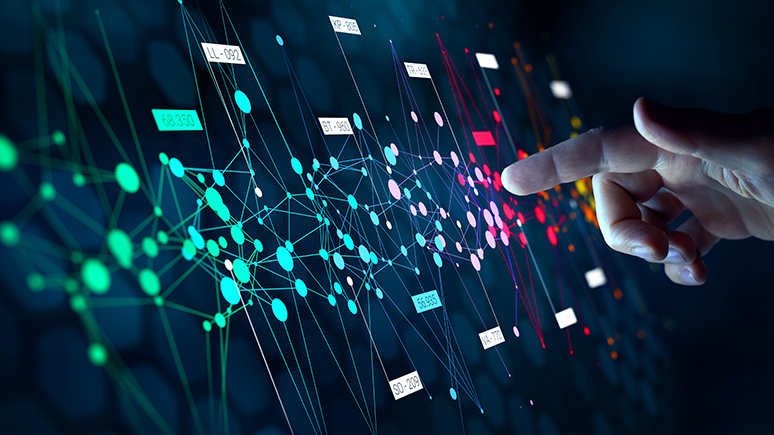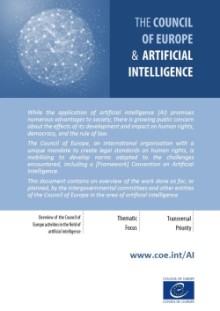Council of Europe and Artificial Intelligence
Council of Europe and AI
Artificial intelligence and human rights
Artificial Intelligence (AI) presents both significant benefits and risks. It is the role of the Council of Europe to ensure that human rights, democracy and the rule of law are respected, protected and promoted in the digital environment.
The Council of Europe Framework Convention on Artificial Intelligence and Human Rights, Democracy and the Rule of Law is a first-of-its-kind global legally binding instrument designed to ensure that AI upholds common standards in human rights, democracy and the rule of law, and to minimise the risk of those rights and principles being undermined as a result of the use of AI.
The Framework Convention is complemented by sector-specific work throughout the Council of Europe.




